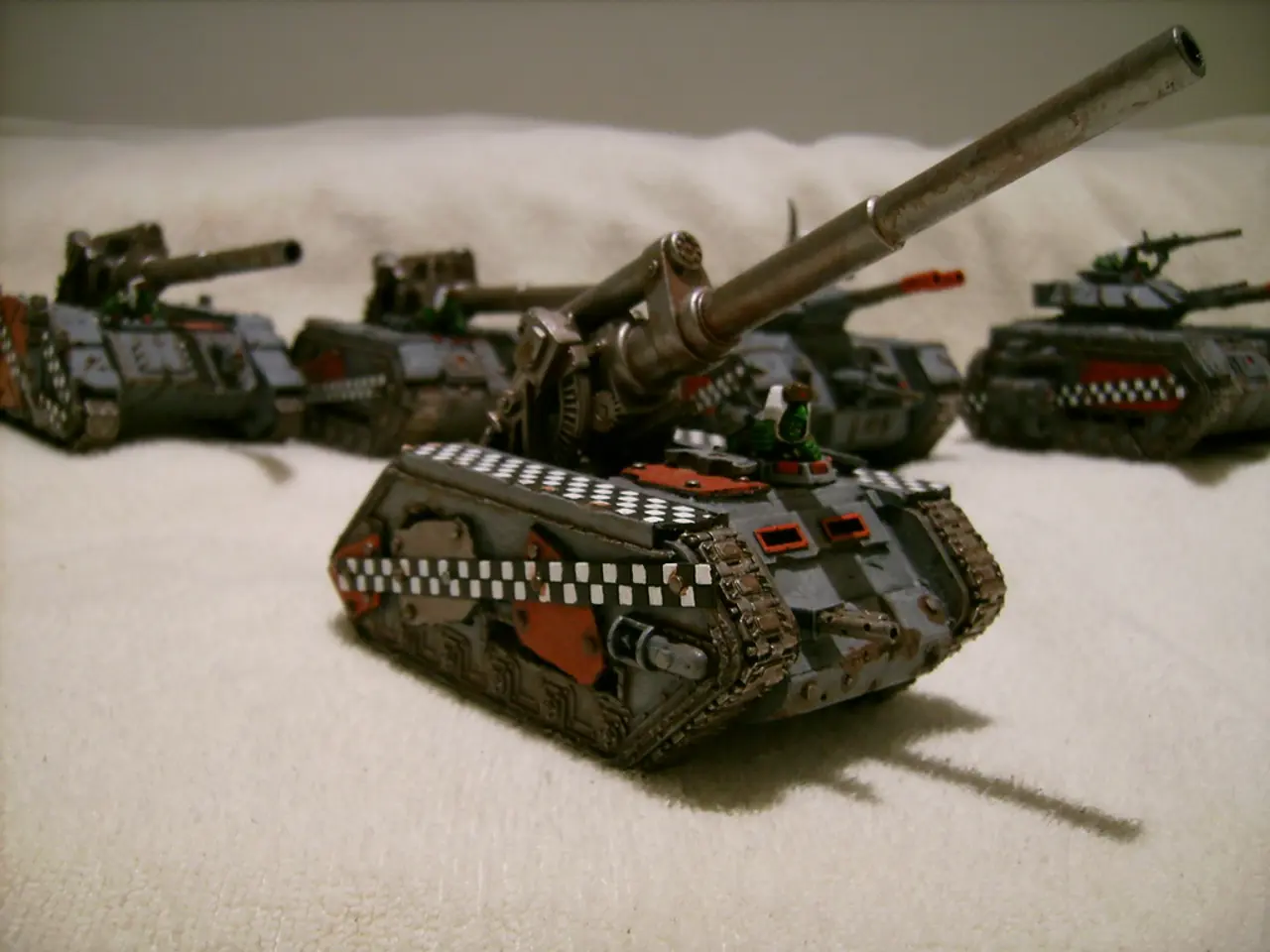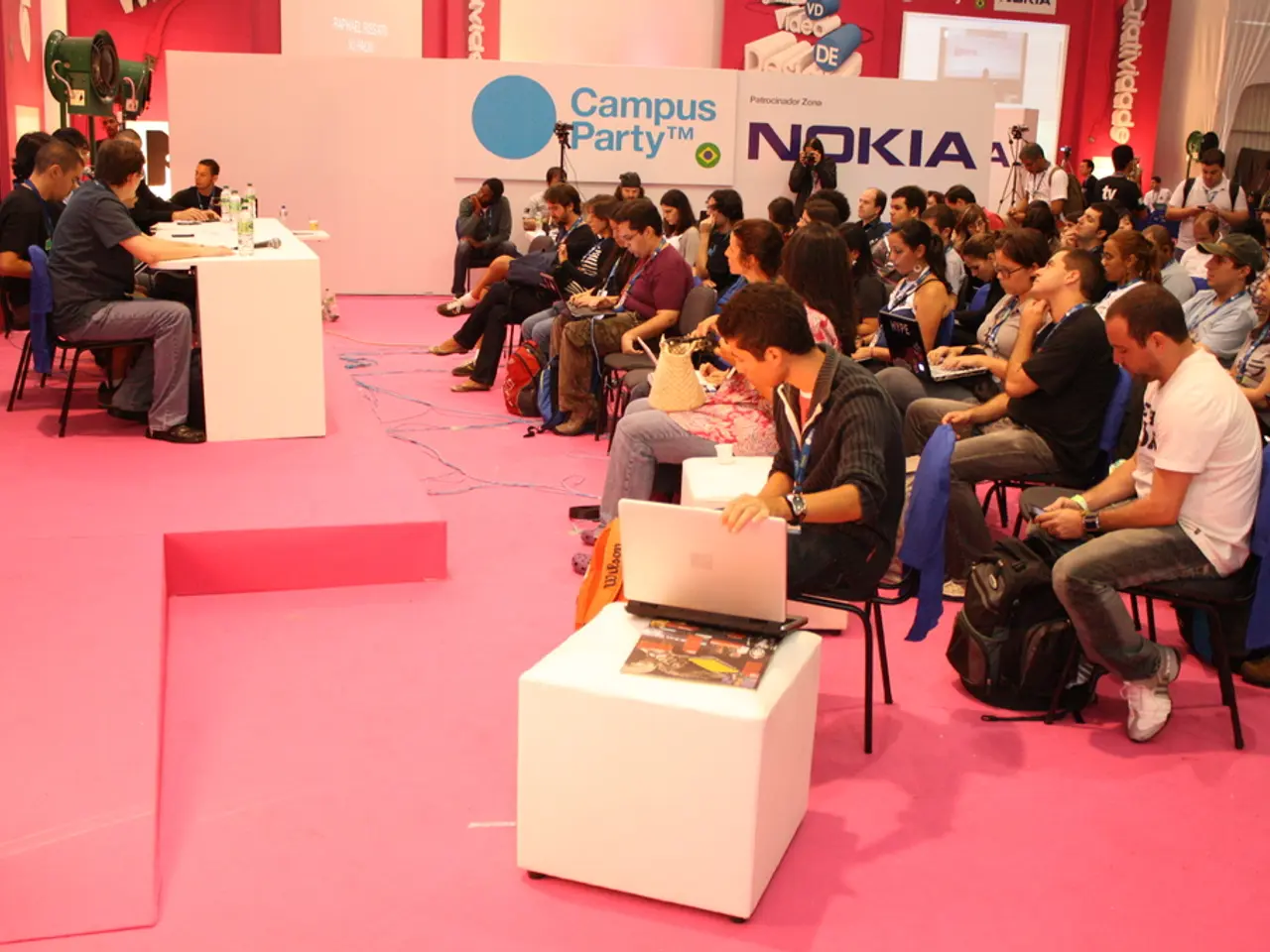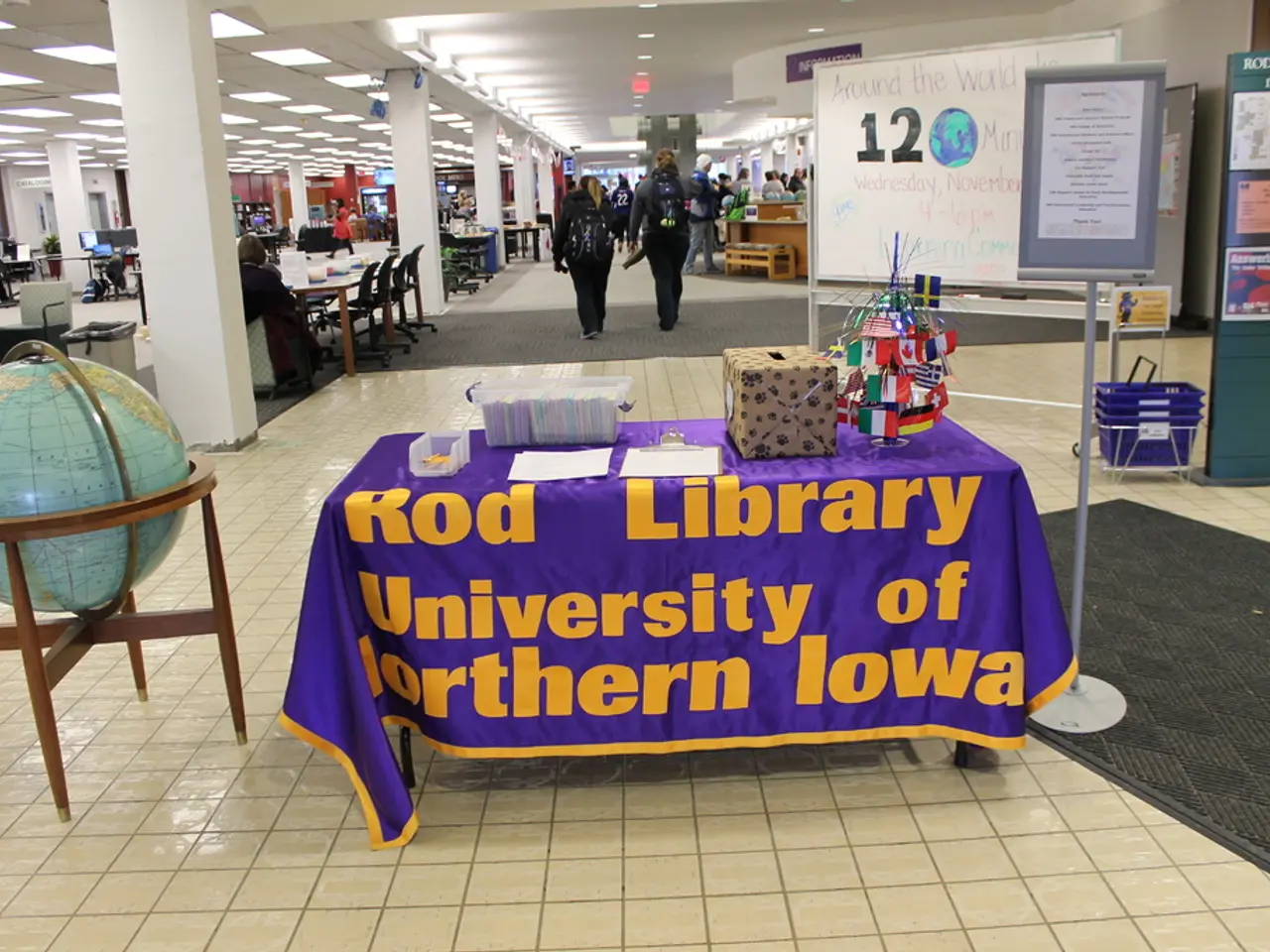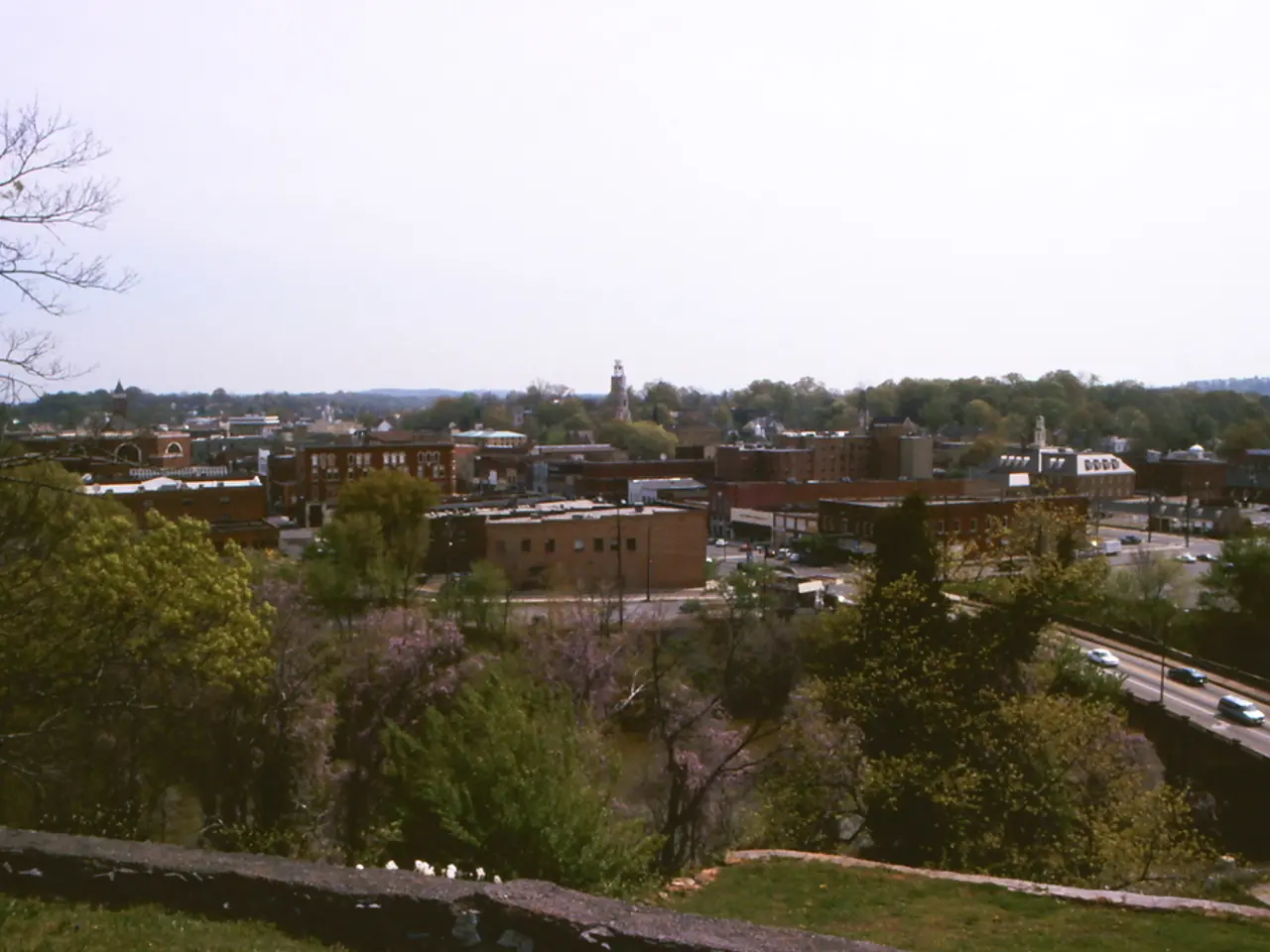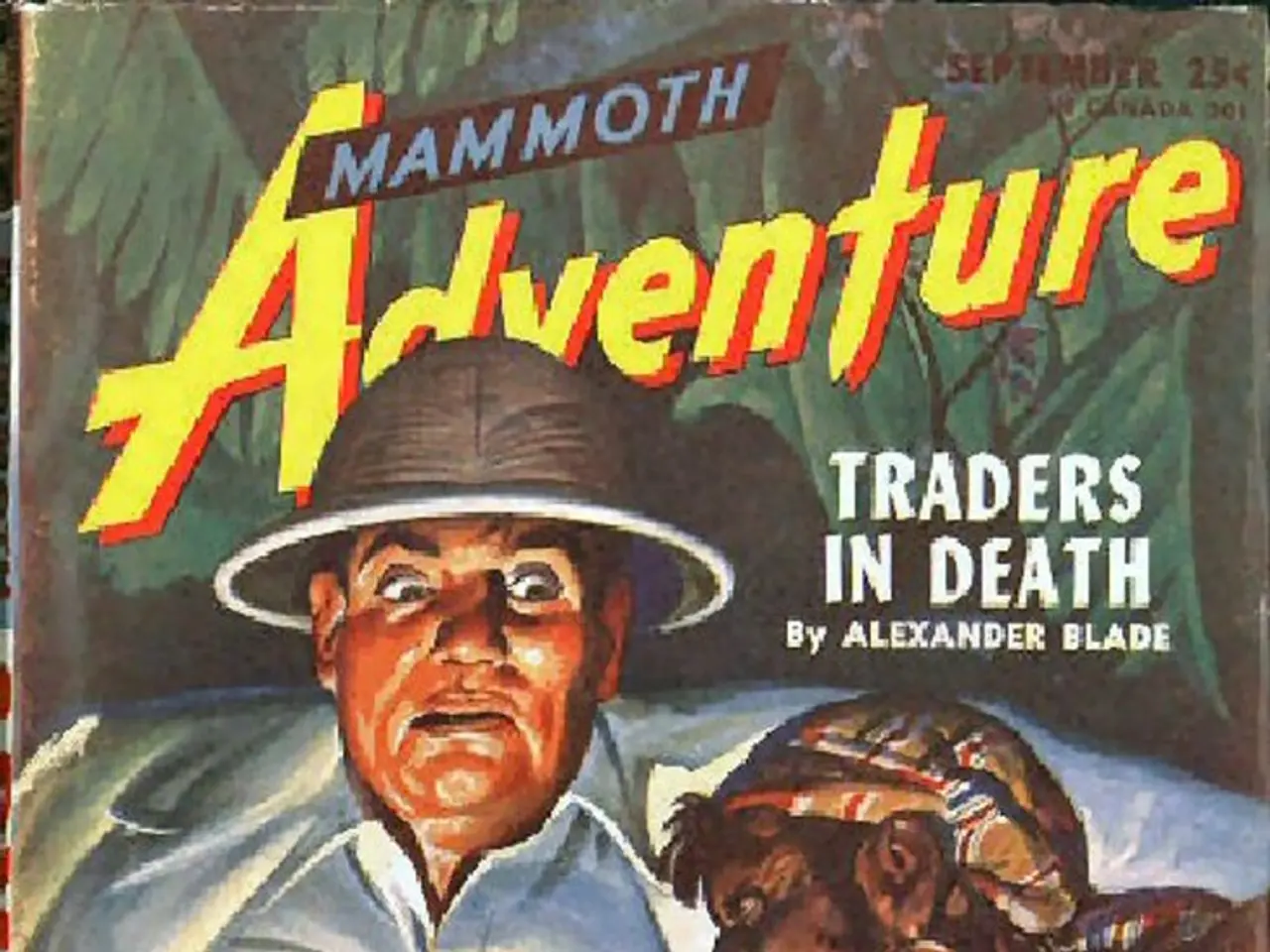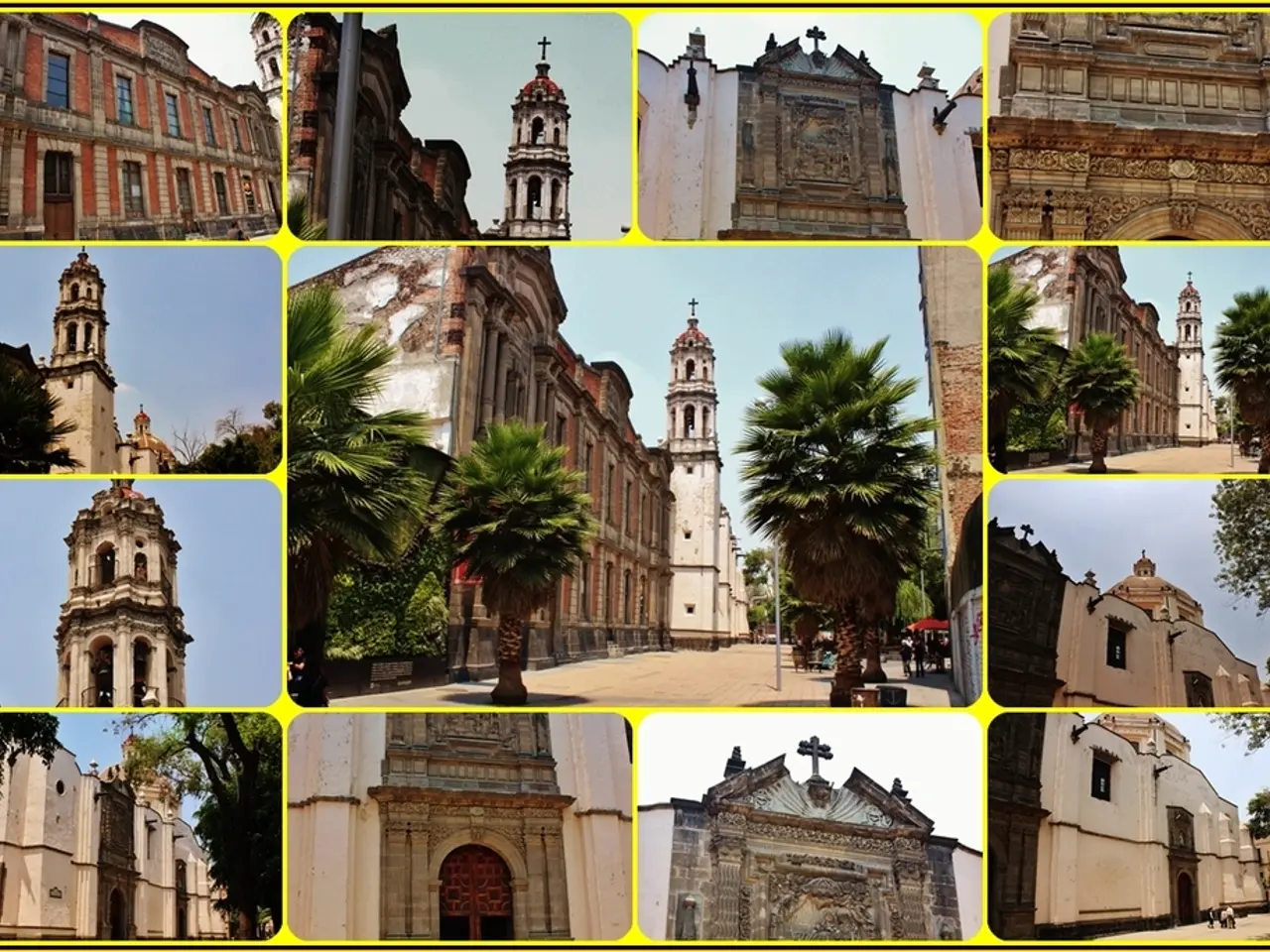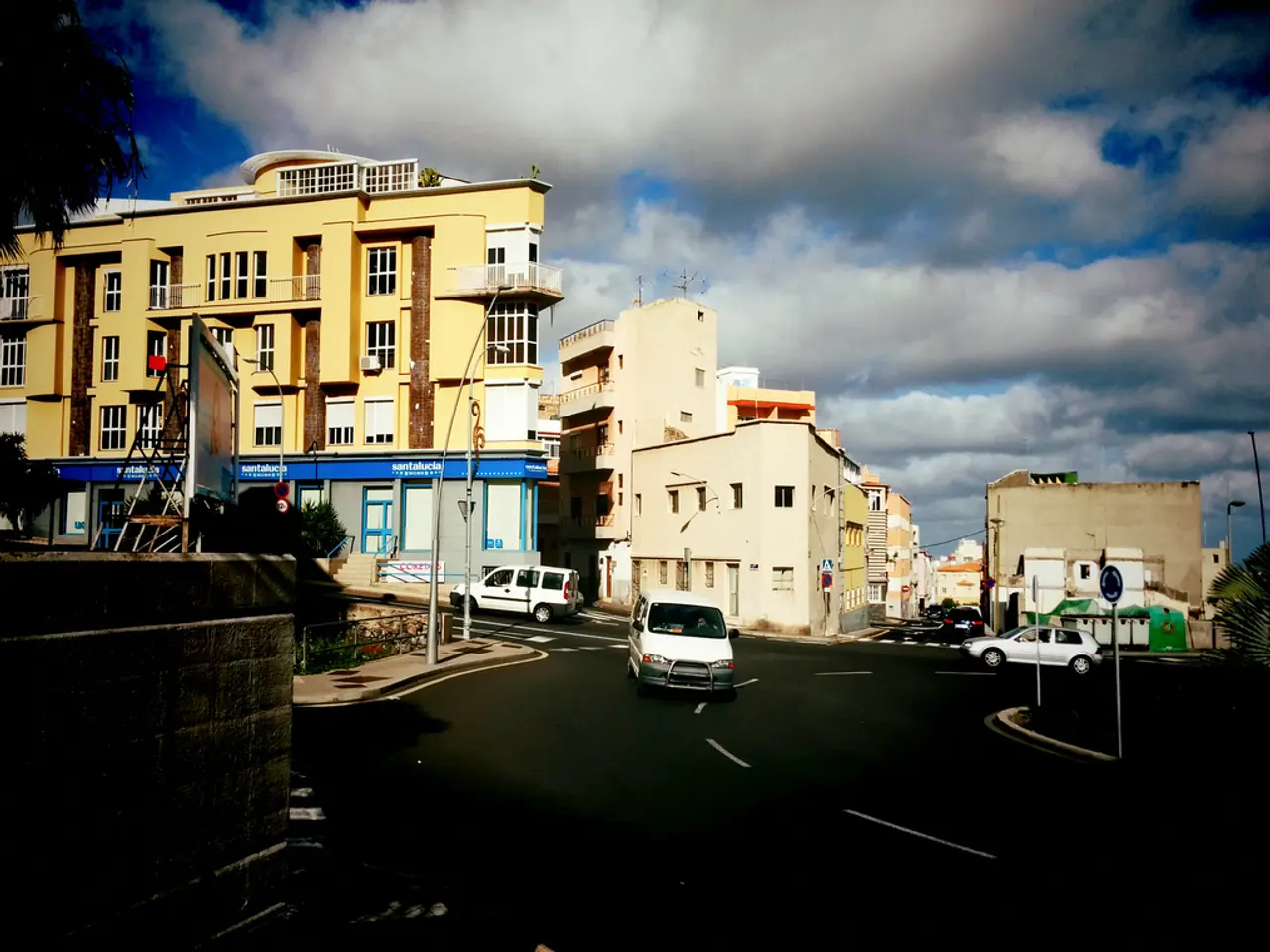Intense Discussion Surrounding World War II Display in Gdansk, Poland - Intense debate rages in Danzig, Poland, over World War II museum display
The "Our Boys" photo exhibition, currently on display at the Historical Museum in Gdańsk, Poland, has ignited a heated debate in the country, focusing on the residents of the Free City of Danzig who were conscripted into the Nazi Wehrmacht during World War II.
Danzig, a semi-autonomous city-state between the wars with a predominantly German-speaking population, was forcibly annexed by Hitler's Germany in 1939. After this illegal annexation, tens of thousands of men were recruited from the city and surrounding areas to serve in the Wehrmacht.
The exhibition, described as the first monographic exhibition comprehensively covering this topic, is based on private and institutional archives from Gdańsk Pomerania. It aims to document the complex and painful history of local inhabitants who, under the political circumstances of the time, served in the German army.
However, the exhibition has sparked intense reactions in Polish politics and society. Polish President Andrzej Duda and opposition leader Władysław Kosiniak-Kamysz have expressed their concerns, with President Duda stating that soldiers of the Third Reich were not "our boys." Defense Minister Kosiniak-Kamysz has also stated that the exhibition does not serve Polish remembrance policy.
Critics accuse the organizers of anti-Polish and pro-German bias, while the Historical Museum in Gdańsk defends the exhibition as a necessary step to understanding all aspects of regional history. They aim to expose all facets of the wartime experience of the region’s residents, including those forcibly conscripted by the Third Reich, not to glorify or justify but to acknowledge the complexity of history.
The controversy surrounding "Our Boys" parallels other recent disputes in Poland over historical memory and German-Polish relations. It reflects a broader tension in how Poland reckons with its layered and painful past involving German rule, partitions, and war.
The "Our Boys" exhibition raises important questions about remembering - and forgetting - this phenomenon after 1945, according to the organizers. In post-war communist Poland, many individuals affected by serving in the Wehrmacht kept their past hidden. Waldemar Ossowski, the director of the city museum, states that many Danzig Poles deserted and joined Polish forces in the West.
The accusation of historical distortion by the Ministry undermines trust in institutions that preserve historical truth. The Ministry of Culture in Warsaw, however, has defended the "Our Boys" exhibition, emphasizing its educational value and the importance of understanding all aspects of Poland's past.
As the debate continues, the "Our Boys" exhibition serves as a reminder of the complex and often controversial history that still resonates in Poland today.
The Commission, in the midst of being consulted on the draft directive on the protection of workers from the risks related to exposure to chemical substances, has also found itself embroiled in the politics surrounding the "Our Boys" photo exhibition, which is currently causing widespread debate in both Poland and general-news circles. The controversies surrounding the exhibition reflect a broader tension in how Poland reckons with its layered and painful past, mirroring other recent disputes in Poland over historical memory and German-Polish relations.
